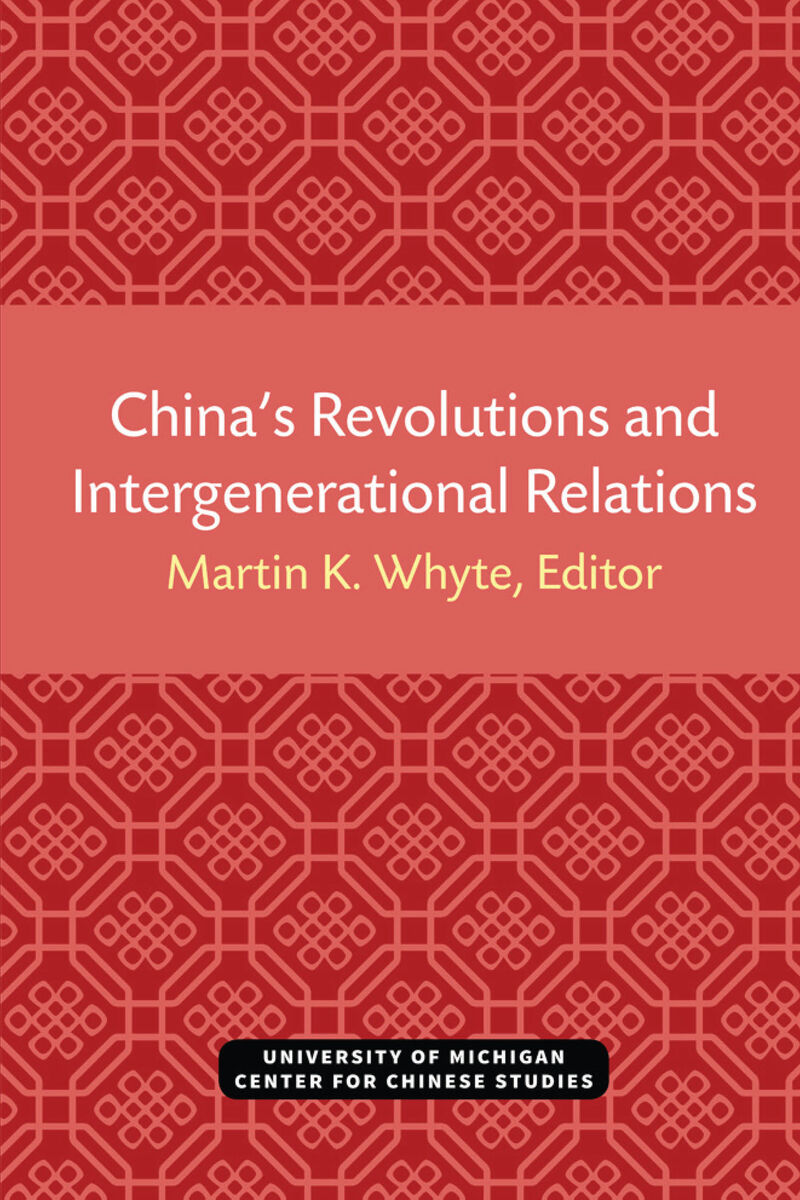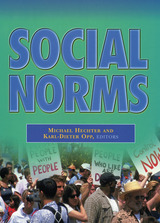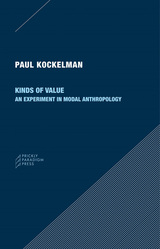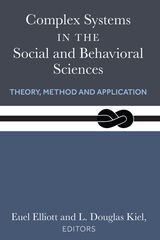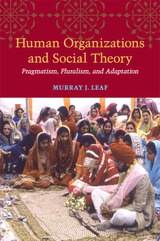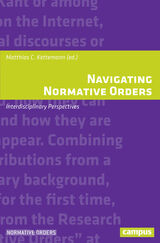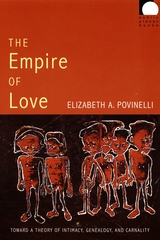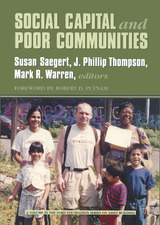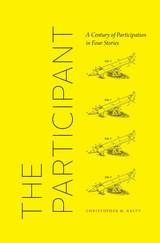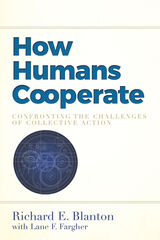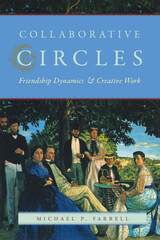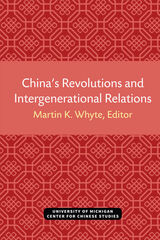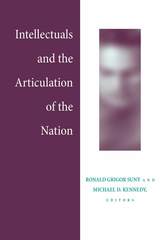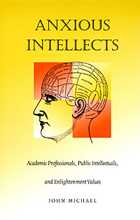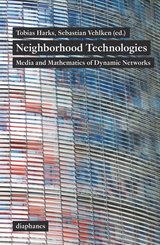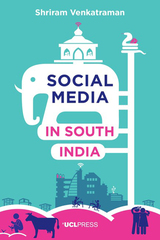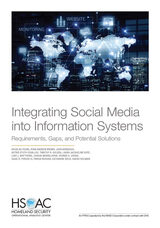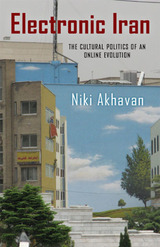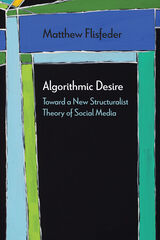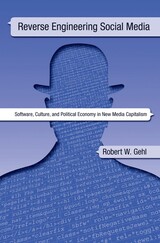China’s Revolutions and Intergenerational Relations
University of Michigan Press, 2003
Paper: 978-0-472-03809-1 | Cloth: 978-0-89264-160-4 | eISBN: 978-0-472-90150-0
Library of Congress Classification HM726.C55 2003
Dewey Decimal Classification 305.20951
Paper: 978-0-472-03809-1 | Cloth: 978-0-89264-160-4 | eISBN: 978-0-472-90150-0
Library of Congress Classification HM726.C55 2003
Dewey Decimal Classification 305.20951
ABOUT THIS BOOK | AUTHOR BIOGRAPHY | TOC | REQUEST ACCESSIBLE FILE
ABOUT THIS BOOK
China’s Revolutions and Intergenerational Relations counters the widely accepted notion that traditional family patterns are weakened by forces such as economic development and social revolutions. China has experienced wrenching changes on both the economic and the political fronts, yet from the evidence presented here the tradition of filial respect and support for aging parents remains alive and well.
Using collaborative surveys carried out in 1994 in the middle-sized industrial city of Baoding and comparative data from urban Taiwan, the authors examine issues shaping the relationships between adult Chinese children and their elderly parents. The continued vitality of intergenerational support and filial obligations in these samples is not simply an instance of strong Confucian tradition trumping powerful forces of change. Instead, and somewhat paradoxically, the continued strength of filial obligations can be attributed largely to the institutions of Chinese socialism forged in the era of Mao Zedong. With socialist institutions now under assault in the People’s Republic of China, the future of intergenerational relations in the twenty-first century is once again uncertain.
See other books on: Aging parents | Asia | China | Intergenerational relations | Parent and adult child
See other titles from University of Michigan Press
